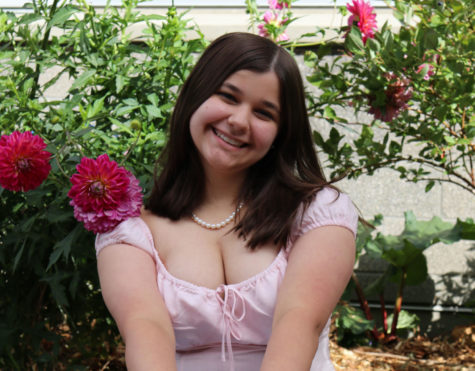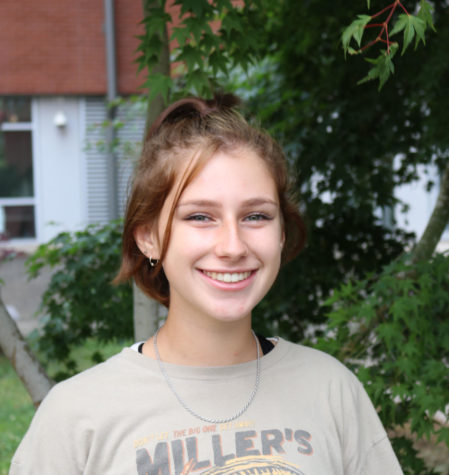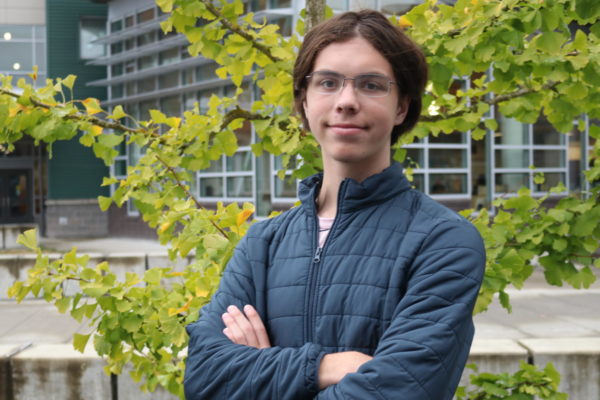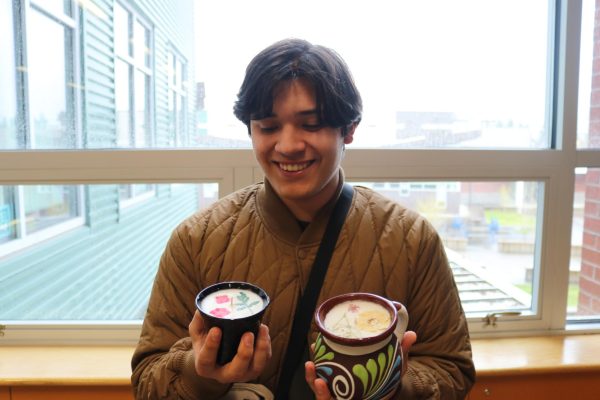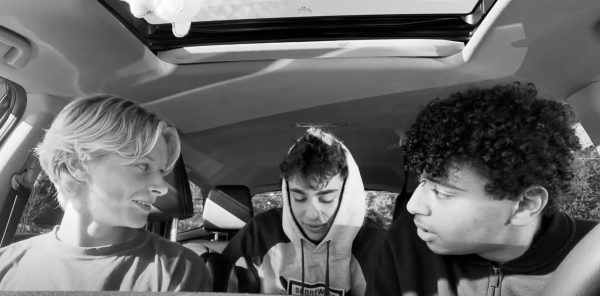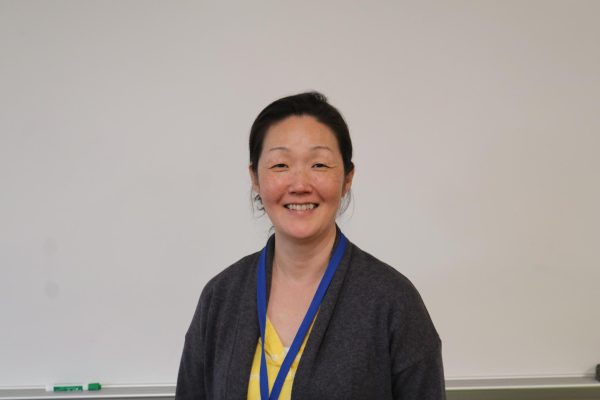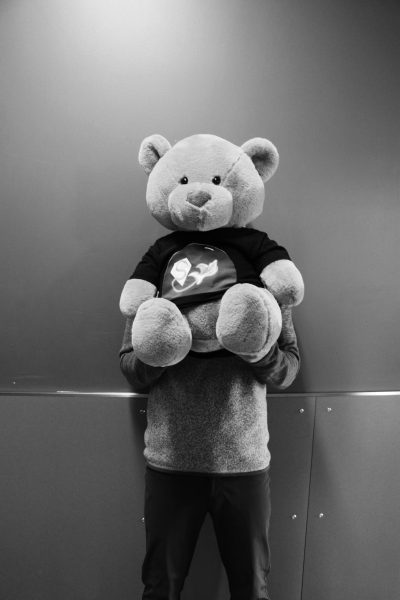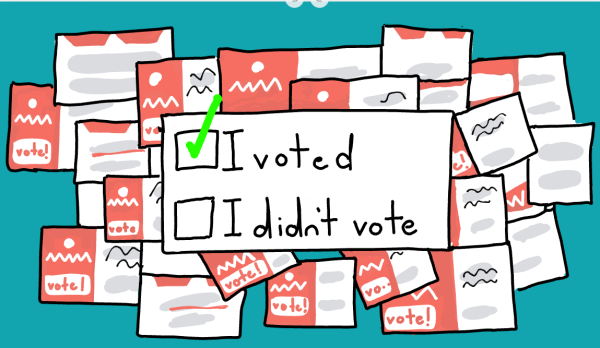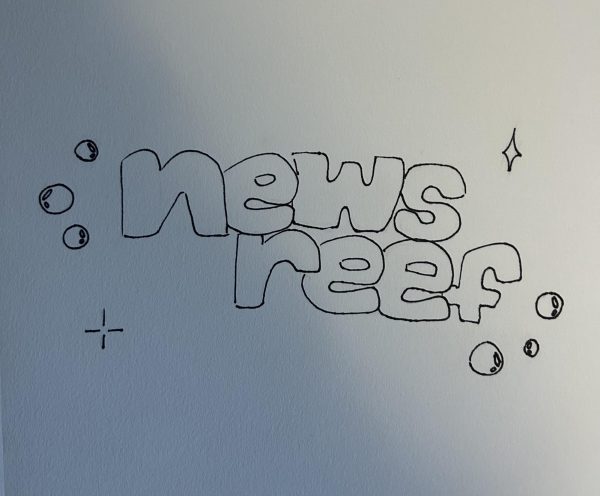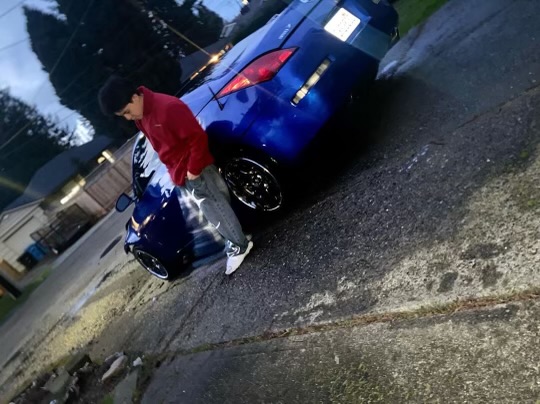Ukraine Invasion Impact at SW
April 5, 2022
Grain waves against the breeze of a fertile plain, gold gleams on the top of an expansive monastery, children run along the cobblestone street. This is the beauty that one may have conjured up before late February when Ukraine was mentioned. However, what once was Ukraine is changing. On Feb. 24, 2022, Russia invaded Ukraine and has been fighting to take over the country since then. It is allegedly for “denazification” of Ukraine’s government, but this claim has been refuted by experts. In this fighting, numerous buildings have been bombed, more than 4 million Ukrainians have become refugees, and Kherson, an economic hub in the south, has been taken over. Foreign intervention in Ukraine is not new however.
The paternal grandparents of Ava Ponomarchuk, sophomore and Ukrainian student at Shorewood, immigrated from Ukraine in the 1940s after facing significant hardship due to the Soviet Union and Nazi Germany. “For them, it was leave or die. Because they wouldn’t contribute to [the Soviet] cause, they [took] away my great grandfather on my grandmother’s side. They shot him for not cooperating, and they were going to kill all of [the family], but they fled before that could happen,” she said.
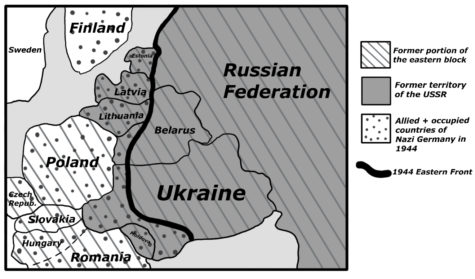
The atrocities seen there will never be forgotten. “Simply to get to this country they saw babies being decapitated. That kind of horror doesn’t go away,” Ponomarchuk said. Due to all of their experiences, her family was especially worried to see more warfare. “My grandfather said he was hoping against hope there wasn’t going to be another war because he lived through World War II, the Vietnam War, the Korean War. He saw destruction firsthand,” she said.
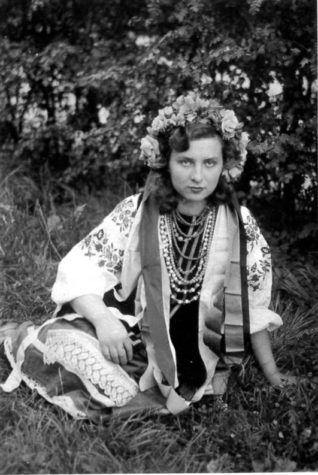
Photo Courtesy of Ava Ponomarchuk
Other students whose family hail from Eastern Europe note similar struggles including Andrew Cieslak, sophomore and Polish student at Shorewood. “Stalin ordered all the academics and religious people to be executed in the big areas of Poland, so a lot of people even from my family were taken, brought to Siberia and shot and murdered,” he said.
When Russia invaded Ukraine a few months ago, Ponomarchuk and Cieslak were both worried for their countries. For Ponomarchuk, most of her family now lives outside Ukraine. For Cieslak, most of his family still resides in Poland. Though Poland hasn’t been invaded, there is still concern and preparation for anything that might come their way. “My brothers are already enlisted in the [Polish] army. One of my brothers is a jail guard, so he’s going to be first to be deployed if anything happens,” Cieslak said. “The women and children would be moved to Seattle, and then [the male family members] would have to fight,” he continued.
The difference between Poland and Ukraine in this instance likely lies in the fact that Poland is a member of the North Atlantic Treaty Organization [NATO] in which all members agree that an attack on one country is an attack on all countries. For that reason, Cieslak’s family is less concerned. “They feel secure a little bit because of NATO, but we do have some family in Ukraine and that area, so we’re keeping in constant contact with them,” he said.
Even with NATO, there is worry. “In Washington, my mom, my dad, and my sister, we’re really worried about if a missile is going to come and attack Warsaw at some point because Russia is unhinged,” said Cieslak.
With all of the grief and destruction surrounding this issue, lots of students and others were posting information and statements about the situation. “The initial activism is strong and everyone is very concerned, but when they stop hearing media circulate about it, once they stop really looking into what’s happening, it just fades away, it doesn’t get the publicity and people keep suffering,” said Ponomarchuk. She continued, “I find it a little bit offensive when I see people posting one post about ‘Save Ukraine’ with zero resources, zero ‘here’s how you can help’, zero ‘here’s what’s going on’ and it’s right back to what Instagram is all about. Parading your life.”
Some have been kind and compassionate. “I’ve received prayers and thoughts…something that the world could use some more of,” Ponomarchuk said. Others have been less so with jokes and other comments. She has heard students say Putin is in the right, while Cieslak has been told by others that his country would be the next to be invaded.
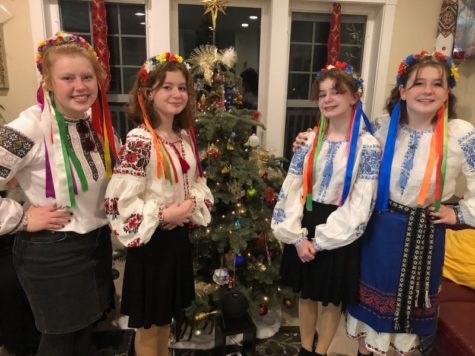
Photo courtesy of Ava Ponomarchuk
But inappropriate comments and ignorance have not stopped Ponomarchuk from feeling proud of her heritage. “I’m very fearful for the people of Ukraine. The more I see, the more horrified I become and yet I have never been prouder to have any sort of link to this incredible country full of incredible people who will fight to the death and never succumb to the tyranny they have become used to over generations,” she said. As for what that might mean to Ukrainians abroad, cultural preservation is key. “We do a lot to preserve tradition through religion, traditional dress, and traditional recipes,” she said. This feels especially critical now. “Our source of nationalism has never been more important,” said Ponomarchuk.
Previously, she said that she would have to explain to others what Ukraine even was. “For years I struggled with people not knowing what Ukraine was, or saying ‘the Ukraine’ which for the record, is an offensive term. It was a term coined by the Soviet Union to establish Ukraine as a territory rather than an independent country,” she said.
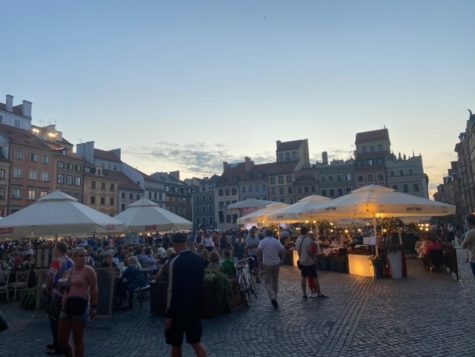
Photo courtesy of Andrew Cieslak
But now, the world is watching. “It doesn’t feel so distant anymore. It’s right on our doorstep,” Ponomarchuk said. And according to her, “this is a fight that has been too long ignored.” Turning a blind eye to a country’s strife is something Cieslak’s family knows well particularly in the German invasion in 1939. “We feel a lot of camaraderie [with Ukraine.] We want to help Ukraine also because this thing that happened to Poland in the past is also happening to Ukraine,” he said.
To aid their neighbors, Poland has taken in more than two million refugees. They are not sent to refugee camps, almost all are housed by Polish citizens. “We feel proud that a lot of [Polish people] are taking [Ukrainian refugees] in. Thousands of people at the border are waiting with signs to pick up Ukrainian refugees to keep them in their homes,” Cieslak said.
In times of strife, people band together, leaders are made or broken, and history is written for better or worse. Ukraine’s president, Volodymyr Zelensky is one of those who has found fame. “I think Zelensky has done well in being a rallying cry. When was the last time a world leader fought on the frontlines? It speaks to the Ukrainian spirit,” Ponomarchuk said.
And what is that spirit you may ask? To persevere against all odds. Ponomarchuck said, “I have no doubt that Ukraine will never ever stop fighting.”

